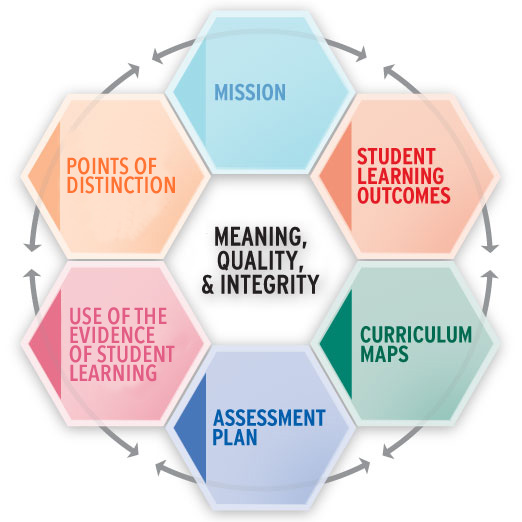History Program Learning Outcomes
Students who complete the program in History will be able to:
- Complete a substantial historical project autonomously.
- Demonstrate the relationship between primary and secondary materials by assessing a historian’s work and recognizing the evidence used to construct that historical argument.
- Present and analyze, in written or oral presentation, different perspectives on an event from the past.
- Find appropriate materials online, in a library, or in the community and know how to cite them.
Political Science Program Learning Outcomes
Students who complete the program in Political Science will be able to:
- Evaluate, design, and apply social science research with respect to political phenomena.
- Understand and critically assess the processes, theories, and outcomes of political institutions and political behavior.
- Demonstrate social scientific information literacy.
- Develop and express ideas in written communication in an effective and scholarly manner.
- Demonstrate oral communication abilities, particularly to convey complex ideas, recognize diverse viewpoints, and offer empirical evidence of an argument.
International Studies Program Learning Outcomes
Students who complete the program in International Studies will be able to:
- Evaluate, design, and apply social science research with respect to international political and social issues.
- Understand and critically assess the processes, theories, and outcomes of global institutions and systems.
- Demonstrate social scientific information literacy.
- Develop and express ideas in written communication in an effective and scholarly manner.
- Demonstrate oral communication abilities, particularly to convey complex ideas, recognize diverse viewpoints, and offer empirical evidence of an argument.
